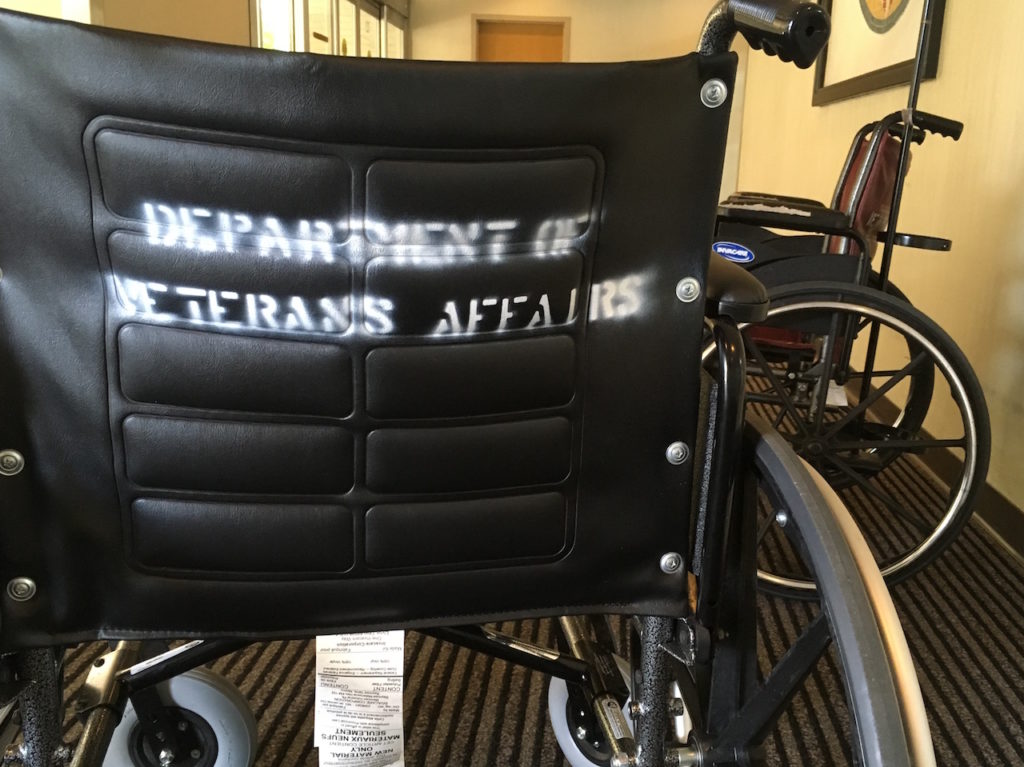
The VA in Middle Tennessee is trying to cast a wider net for patients in a long-running effort to reduce veteran suicides, as the agency nationwide has been monitoring high-risk patients closer than ever.
About 20 veterans across the country take their own lives each day. In Tennessee,
146 people died by suicide in 2015, the most recent year data is available.
The VA in Washington sends Carrie Brensike 100 names every month: patients in Middle Tennessee who — according to their recent medical history — show signs they could be in trouble.
Everyone gets some follow up. And some make to Brensike’s other list — 270 people that the VA is most worried about.
“Those folks are the ones that we want to make sure that they don’t fall through the cracks,” says Brensike, a suicide prevention case manager at the Tennessee Valley VA . “We’re checking in with them over the phone. Gosh, we’re doing everything we can to keep tabs on them. If they don’t come in for an appointment, we get very concerned.”
But the VA has become increasingly concerned with the veterans whose names will never show up on any of these lists because they aren’t already getting care from the agency. These people make up roughly three-quarters of veteran suicides.
The agency is making additional efforts to reach the youngest veterans because they’re less likely to link up with the VA and more at risk of suicide. The Tennessee Valley VA is holding town halls and outreach events around the region, including a summit in Smyrna on August 8.
But suicide prevention officials say it will probably take family and friends nudging loved ones to turn to the VA.
“I have tons of patients that come and say my husband or wife said I had to come in,” says John Jackson, the region’s chief of mental health. “Frequently they’ll say that somebody pushed them into coming and getting the help.”


